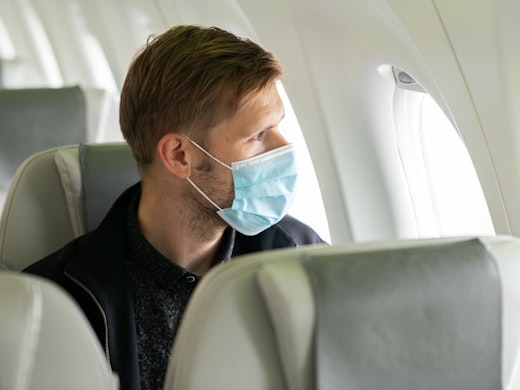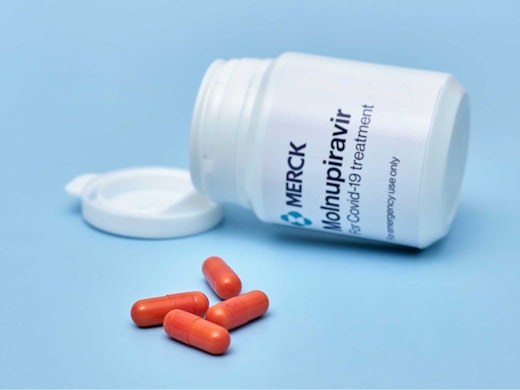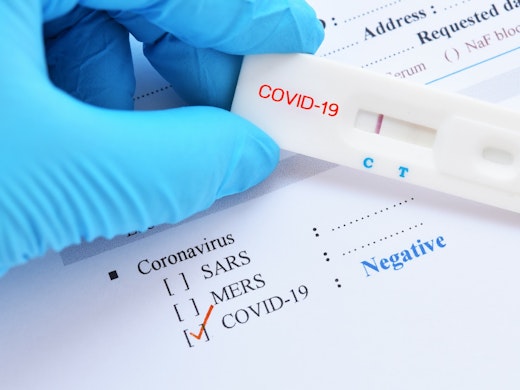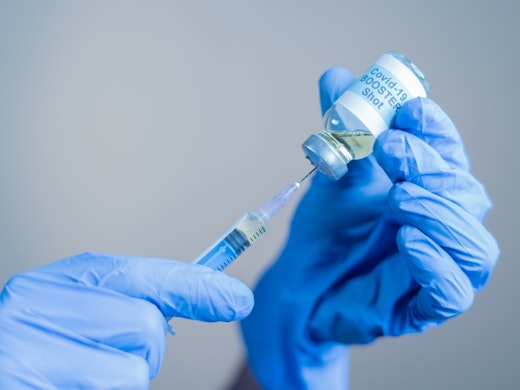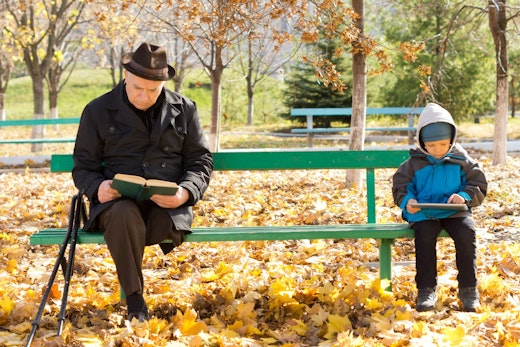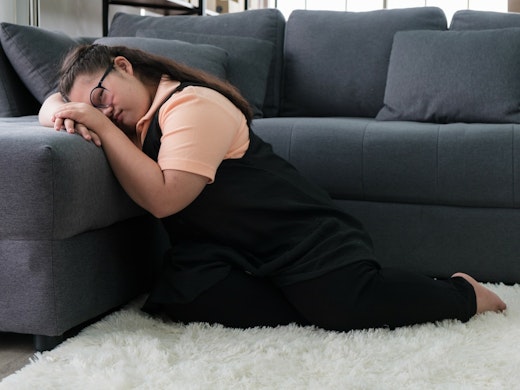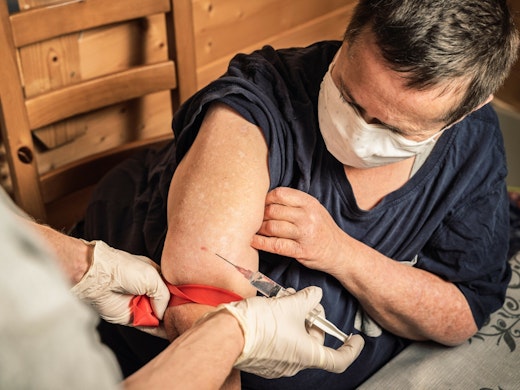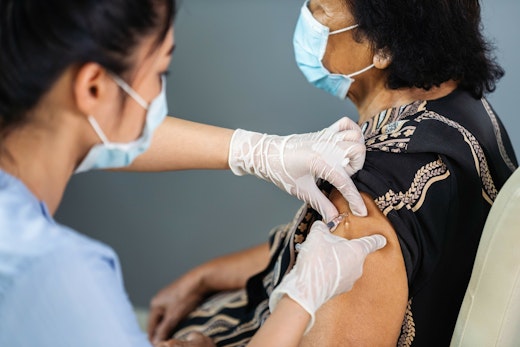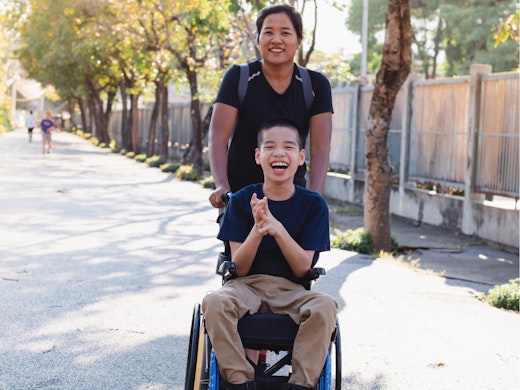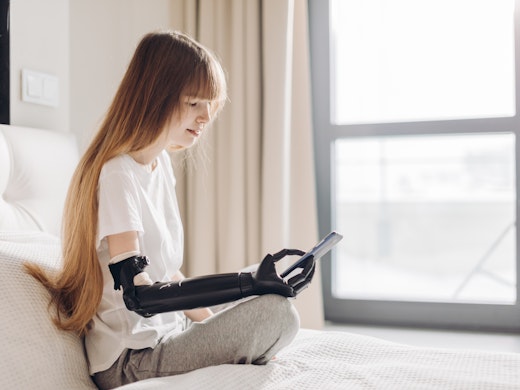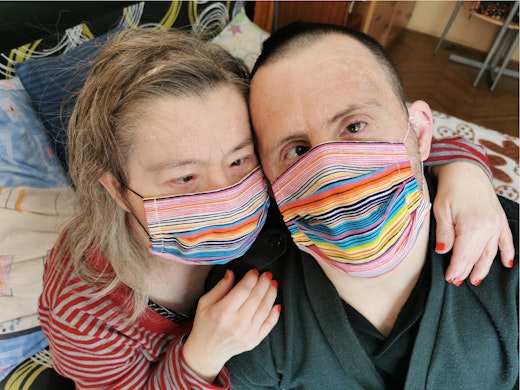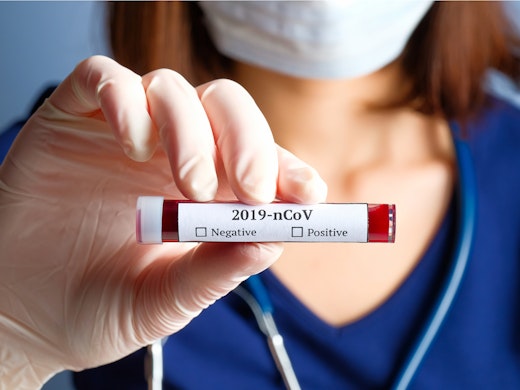Coronavirus (COVID-19) and Disability Support
Popular Coronavirus (COVID-19) And Disability Support Articles
While the symptoms of COVID-19 are quite well known two years into the pandemic, there are some different symptoms people who have had the virus can experience after their initial infection. Also called Long COVID, these symptoms are still being researched and monitored and not much is known about the long term effects they may have.
As travel opens up again in Australia and across the world, you might be starting to think about when your next holiday could be. COVID safe travel will be an important factor for many people with disability in planning their next holiday, as they may be more susceptible to the virus.
A COVID-19 vaccine booster is already recommended for all Australians over 16, but an additional booster is now recommended for people who are more likely to have serious symptoms if they catch the virus. A further dose of the vaccine, also called the winter booster, is being recommended in the hope that it will help to keep people who are at risk safer over winter, as the colder weather makes it easier to catch viruses.
Some people who get COVID-19 are more at risk of becoming really sick, and a new prescription medication is now available in Australia for people who need it to control their symptoms. The oral anti-viral medication works for adults who are at higher risk of developing worse symptoms to hopefully reduce the chances of them having to be admitted to hospital, for example people with compromised immune systems.
The advice around COVID-19 testing has changed since the start of the pandemic and there are now two types of COVID-19 tests regularly used: Polymerase Chain Reaction (PCR) and Rapid Antigen Test (RAT). Whether you should have a RAT or PCR test depends on a range of things, so we’ve put together a guide to testing as Australians learn to live with COVID-19, including what factors to consider in relation to disability.
Now that many adult Australians have been vaccinated against COVID-19 for months the latest recommendation is that these vaccinations should be followed up with a booster dose. What you need to know about COVID-19 vaccine booster doses is outlined here, so you can feel informed about your booster before booking your vaccination.
The Australian Government’s latest advice is that COVID-19 should be manageable at home for most vaccinated people. But if you have a medical condition or disability which makes you more vulnerable to the virus you might need more support to safely manage the symptoms. This article brings together information about the levels of COVID-19 symptoms, what to do if you experience them and where to get help if you need more support or medical advice.
As Governments open borders and the number of Australians with two doses of a COVID-19 vaccination increases, many social restrictions are being removed and activities and events are beginning again. However, life hasn’t returned completely to what it was before the pandemic and it’s absolutely normal to be worried about leaving your home as there is still COVID-19 transmission in the community.
You could be self-isolating because you want to avoid the virus, particularly if there is a spike in cases where you live, because you have come in contact with someone who has or may have COVID-19, because you have symptoms and want to isolate until you get your test results or because you have tested positive to COVID-19. Regardless of the reason why you might self-isolate, if you plan ahead you will be prepared and the situation will be less stressful.
Whether you’re self-isolating to avoid COVID-19, you are a close contact of a case or you have tested positive to COVID-19 yourself, there’s a chance you may need to stay at home for longer than you expected. When your period of isolation gets extended, just remember there are services which can help you to get through it. It’s also a good idea to talk to the people in your support network about how they might help you.
While parts of Australia are beginning to ease restrictions brought in to curb the spread of COVID-19, many people with disability have not been able to be vaccinated to protect them from the full effect of the virus. There are supports available to help people with disability to access the vaccine and there are also resources to support individuals to make sure they give informed consent to the vaccine.
Cleaning up concerns around “vaccine hesitancy” and misinformation is vital so that people with disability can be better protected against COVID-19, feel comfortable getting the vaccine, and understand and can provide consent when getting the vaccine.
With the slow pace of the COVID-19 vaccine rollout to the disability sector in Australia, Federal and State Governments have announced extra measures to prioritise National Disability Insurance Schemes (NDIS) participants. So how do you go about receiving your vaccine and why is it important to do so? Here’s what you need to know about the COVID-19 vaccine.
Face masks have become a common accessory on the faces of Australians over the last 18 months. Whether a stylish mask or not, they are an important safety precaution for the general public to stop the spread of COVID-19. However, masks are creating problems for people with disability, as face masks can be a literal barrier to proper communication for some or a sensory concern for others.
17/04//2020 – Being an unpaid carer is a valuable and rewarding job but it’s also a tough one, with many carers juggling multiple responsibilities such as work, family and friends, while making sure their loved one is well looked after.
For many carers, the COVID-19 pandemic adds another level of stress to an already challenging responsibility.
01/04/2020 – During the COVID-19 outbreak, social distancing measures have been introduced to try and combat the virus. However, it is still important to stay connected to the people around us. For people with a disability, this can be extra challenging during this time.
COVID-19 is interrupting life as we know it and doesn’t just affect day-to-day life, it has the potential to impact the mental health of the whole community.
27/03/2020 – Information about COVID-19 is continually changing as new information becomes available. It is important everyone understands the information so that they can prepare and protect themselves and others.
For a person with an intellectual disability this could be more challenging. They may be at risk due to not being able to access clear information, low health literacy, or needing to rely on carers.
25/03/2020 – Making changes to our daily lives in terms of personal hygiene and social behaviours can help slow the spread of the virus which will help limit the impact on other people, businesses, and healthcare services such as hospitals and doctor’s clinics.

